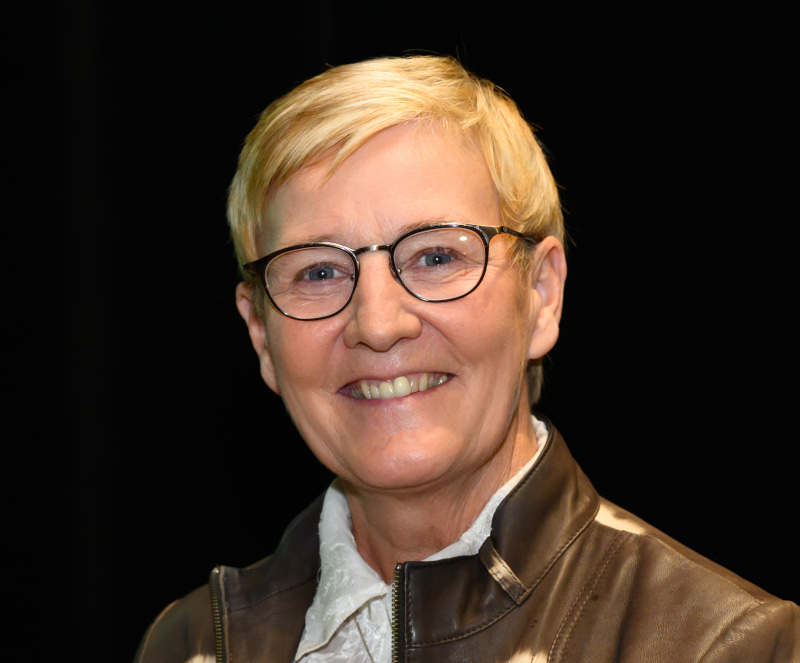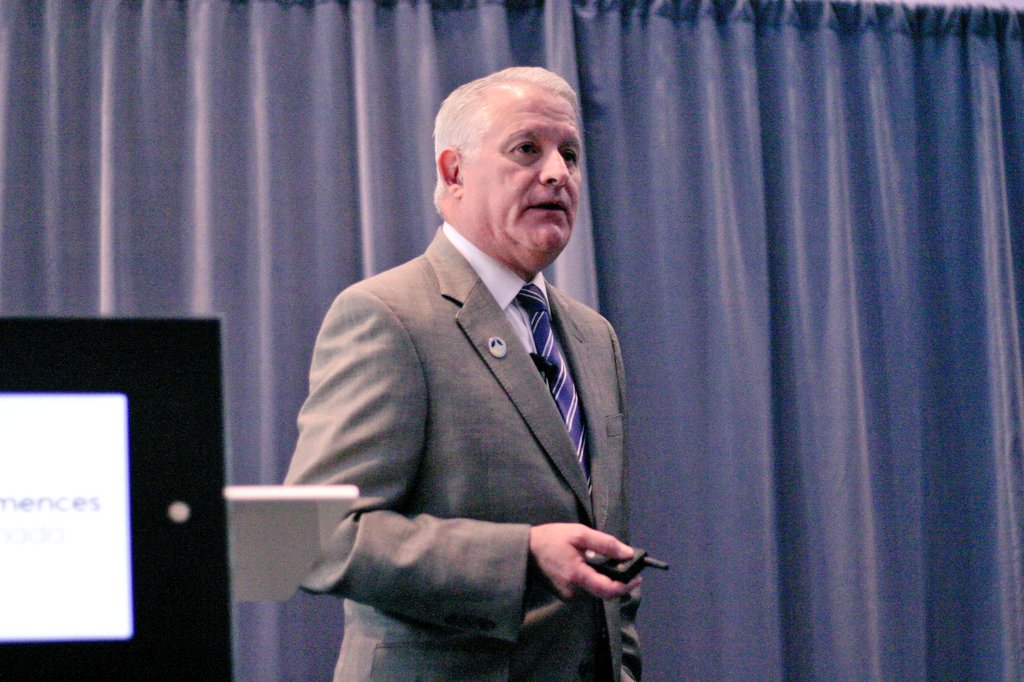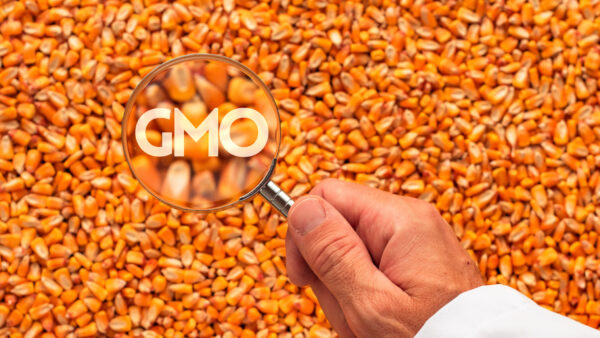As Seeds Canada meets in Edmonton July 8-10 for its annual conference, numerous hot topics are up for discussion as the association celebrates its third anniversary and gets ready to officially unveil details on its Independent Seeds Standard Body, or ISSB, proposal. Here’s what’s on the agenda.

Are we Ready for the Future of Seed? ASTA’s Andy LaVigne to Weigh in
Andy LaVigne, president of the American Seed Trade Association (ASTA), will give the opening keynote.
While advocating for change and implementing new initiatives can greatly benefit the industry, it is not always easy, American Seed Trade Association CEO Andy LaVigne told Seed World Canada‘s Marc Zienkiewicz in 2022. Among the ongoing issues in the industry, whether they are regulatory issues, state issues or international issues, the hindrance of innovation is one of the greatest, according to the president and CEO of the American Seed Trade Association (ASTA).
“The biggest issue that we’re dealing with today is that the pace of innovation is outpacing the ability of the federal government to monitor it, develop policy or regulation and to ensure that they’re comfortable with it,” explained LaVigne.
“The further and further we get along with our plant breeding evolution, discovery and innovation, the slower the government gets. That starts to hinder our discovery and the ability to implement it. As we look at climate change, everyone says it is gradual. Well, government policy and understanding are even slower. That’s not good for innovation, especially as quickly as we need it. Especially as quickly as growth is expected.”
As a leader, push back is inevitable. It’s how someone handles the obstacles and challenges that are thrown at them that proves the kind of leader they truly are. For someone like LaVigne, his strength lies in getting the decision makers around the table to cooperate by prioritizing collaboration.
“You bring the people around the table who can help you find a solution. And you don’t start with what you disagree on. You start with what you agree on and what the goal is. It’s not about ASTA getting credit, it’s about the seed industry getting credit. It’s about the grower getting credit and having new products,” says LaVigne.

Trish Jordan will Present her ISSB Report
Trish Jordan, known for her work with Bayer and its legacy company Monsanto, has been selected to continue developing Seeds Canada’s Independent Seeds Standard Body (ISSB) concept.
Jordan’s work will continue to build on the work of Erin Armstrong, focusing on assessing the needs of the seed sector and its stakeholders, Seeds Canada said. Jordan’s deliverables will include the development of a comprehensive model, including mandate, scope, representation, structure and governance, as well as a recommended timeline for development.
During her extensive career in agriculture, Jordan has worked for Bayer Crop Science as senior business partner, government and industry affairs; Monsanto as director, public & industry affairs; and in senior communications roles for the Canadian Wheat Board, Canadian Foodgrains Bank, and Alberta Wheat Pool. She holds a B.A. in English from the University of Western Ontario and an M.A. in communications from the University of Calgary.
The ISSB concept, introduced by Seeds Canada at its 2022 annual general meeting, is positioned as a permanent group of seed and grain industry stakeholders that can provide guidance directly to the Canadian Food Inspection Agency (CFIA). The group also allows for greater diversity and transparency of decision-making and prevents conflicts of interest between service delivery and setting standards, according to Seeds Canada.

The Risk Factor: Trends in the SRM Discussion
Seeds Canada members will discuss the risks of seed regulatory modernization (SRM) proposals in a moderated discussion, according to the agenda. The panelists will explore potential pitfalls, challenges, and uncertainties, assess stakeholder impacts, and highlight areas of concern.
The Canadian Food Inspection Agency (CFIA) recently issued its winter SRM survey. One of the major survey questions was: Would a standing advisory body, providing recommendations and input to the CFIA on regulations and policy, assist in future modernization and amendments to the Seeds Regulations? Seeds Canada’s official response was yes, with CFIA being responsible for setting all standards within the Seeds Regulations, with an independent, inclusive industry advisory body facilitating this process and providing recommendations.
“Although this may mean changing the status quo for some Alternative Service Delivery (ASD) arrangements, it is critical for controlling costs and ensuring effective delivery of services to the sector that these standards are set by CFIA. Standards impact the entirety of the sector and decisions should be governed in a neutral manner to avoid conflict of interest,” Seeds Canada said in its recommended survey response to members.
“This initiative is designed to benefit not only Seeds Canada’s members but also a broader spectrum of stakeholders. We wanted to ensure that we engaged with individuals outside of our usual circles, avoiding the trap of an echo chamber. Thus, we sought someone who could reach out to those who might not typically participate in our meetings or calls,” Seeds Canada Policy Director Lauren Comin told Seed World Canada earlier this year.
Seeds Canada’s aim is for the proposed advisory committee process to encompass perspectives from those who might still be affected but aren’t actively engaged with Seeds Canada. This ensures a more comprehensive understanding of the issues at hand, Comin says.
“Additionally, we’re exploring processes beyond the seed regulatory space, recognizing that advisory groups like this have been successfully utilized in agriculture and other sectors.”
Check back soon for full coverage of the Seeds Canada conference.












